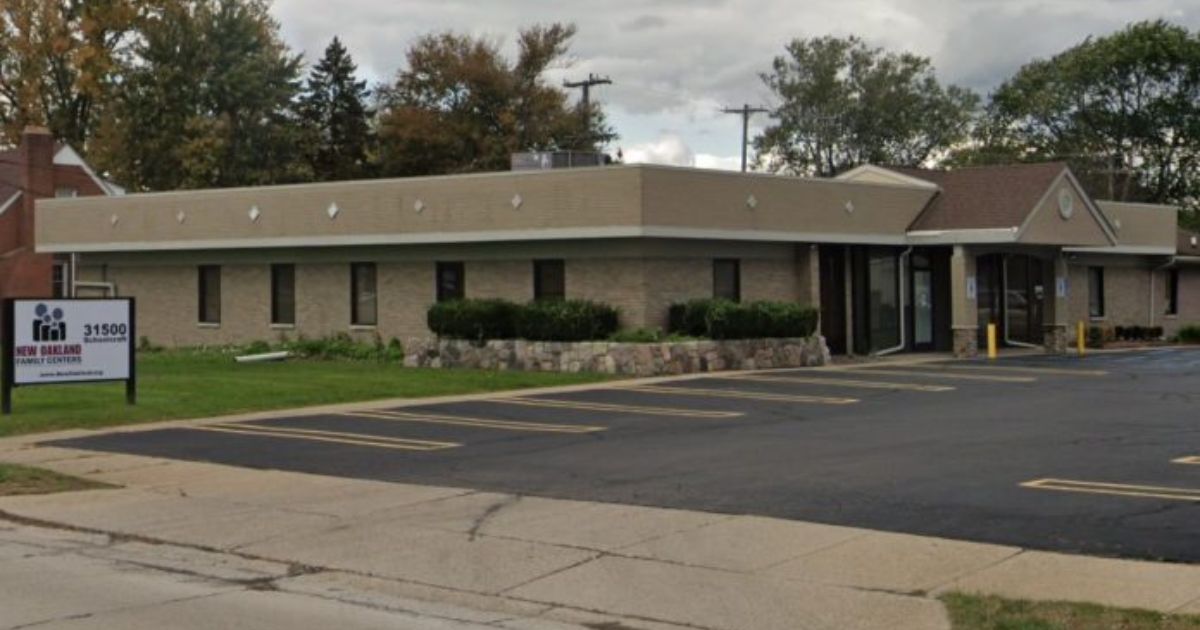In a recent inquiry conducted by Birmingham City Council, shocking examples of children facing significant mental health care challenges have emerged.
It reveals a disturbing picture of a city grappling with an expanding mental health catastrophe among its young people.
Rapid Increase in Mental Health Problems in Birmingham’s Schools
The report from the inquiry has shown an apparent “rapid increase” in mental health problems among schools, which range from children crying every day to body consciousness that is heightened.
Teachers and staff have also observed physical symptoms such as stomachache and minor illnesses which are often associated with underlying problems at home including family breakdowns, bereavements and ongoing cost-of-living crises.
Failures in the System of Accessing Help
The report underscores struggles experienced by families trying to secure needed care and assistance.
Findings show that many families find themselves stuck in a cycle of referrals between schools and GPs due to system failures leading to delays in accessing vital services.
A poignant example shows how one mother was forced to go to the GP because her six-year-old child was self-harming, only to be told she should talk to the school about it.
“Children are bounced from the school to their GP back and forth as there are systemic failures,” said the report.
Referrals from GPs were either rejected or taking months to reach appointments even for cases involving suicidal children.
Early help services, meant for support turned out difficult accessing them as they only served as signposting service rather than actual helping source.
Negative Effects of Inhuman Living Conditions Characterized by Housing Crisis
Moreover, it has come to the surface that the inquiry has pointed out a painful situation of “appalling living conditions” in families.
As a result, this dire state has been posing major hurdles that greatly affect mental health of children in different parts of Birmingham city.
The inadequacy of housing and poor accommodation adds to other burdens carried by families as they grapple with complex situations.
These circumstances make it difficult for people who are already trying to cope with multiple issues.
The implications of inadequate housing spread throughout society, making things even harder for Birmingham’s children and their families.
Urgent Requirement for Local Mental Health Beds
Mick Brown, who participated in this inquiry as a councilor emphasized on the urgent need for the local mental health beds, citing an alarming incident where patients under 21 years had to be sent to Glasgow unit located hundreds of miles from Birmingham.
He noted his concern saying it would be unthinkable if such a situation arose out of physical ill-health.
Demands for Government Attention
The committee members while Liberal Democrat councilor Paul Tilsley and Conservative councilor Gareth Moore acknowledged the seriousness of young people’s mental health challenges.
Although more resources were allocated to schools, there were concerns on the need for comprehensive government intervention.
Kerry Jenkins, a Labour councilor, called on government to acknowledge the growing demand for mental health services and allocate enough funds alongside staffing levels in order to deal with this crisis.
Recommendations plus a Plea for Investment
Finally, the inquiry concluded with several recommendations aimed at improving mental health services across Birmingham City Council and NHS.
These recommendations emphasized that children should know when and where they could find help with their mental health problems.
In brief, the report confines itself to emphasizing that the mental health of young people in Birmingham is deteriorating and deepening day by day.
This has been due to failures in the system, homelessness and lack of services. It calls for government intervention to save a generation that may end up living with chronic and severe psychological conditions.
The appeal is very simple: “We cannot afford a Covid generation, when there are no government funds allocated to mental health care.”




























